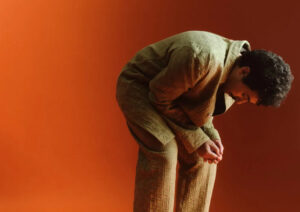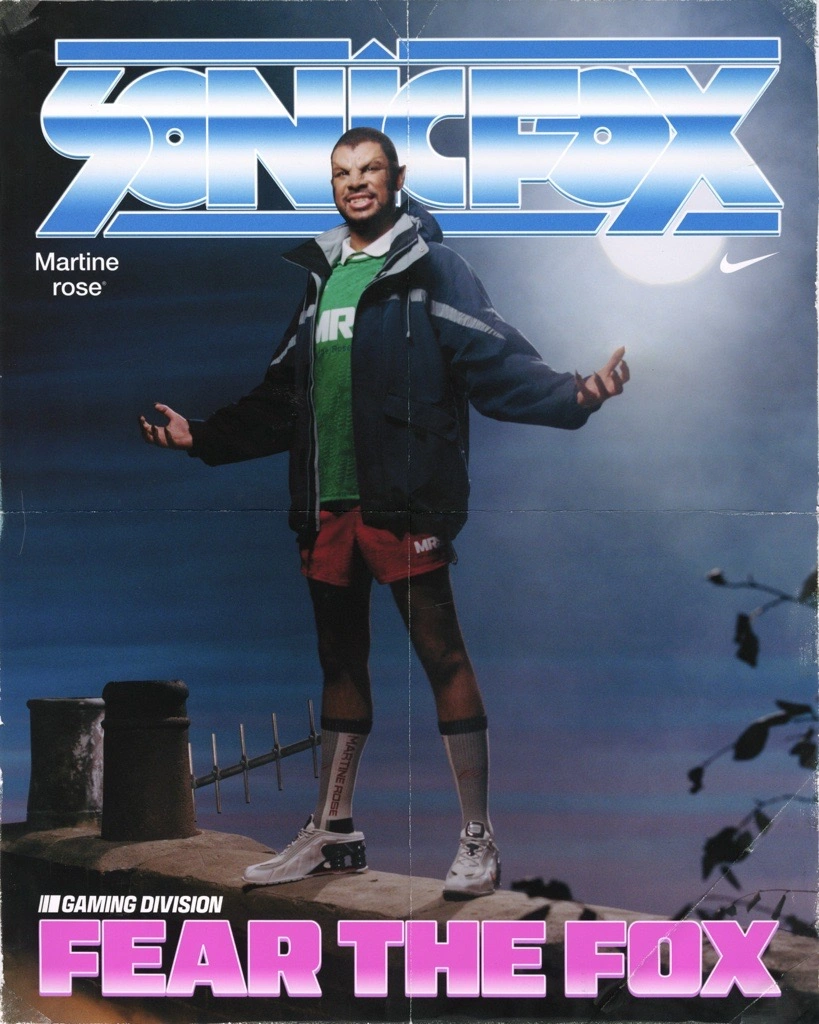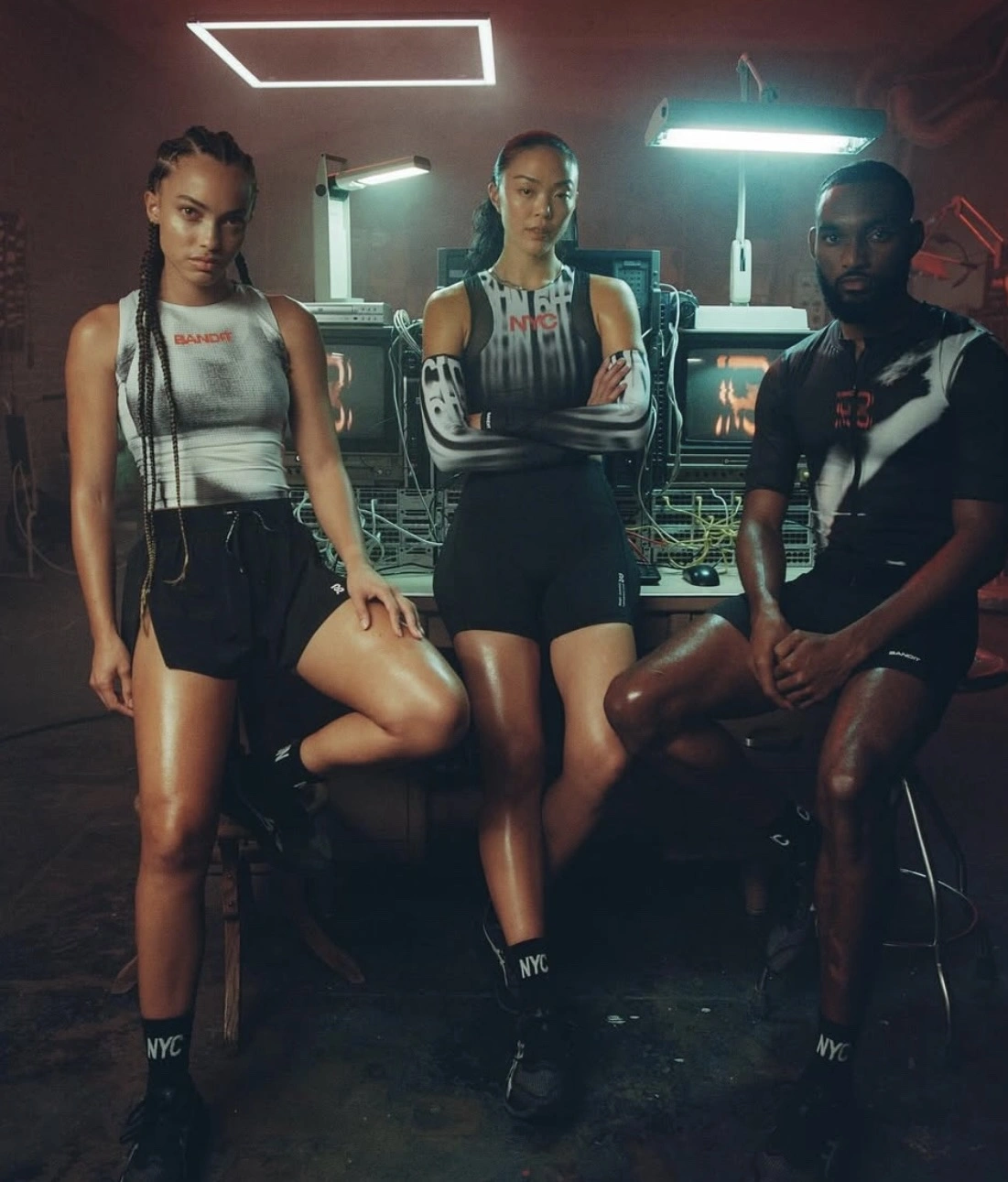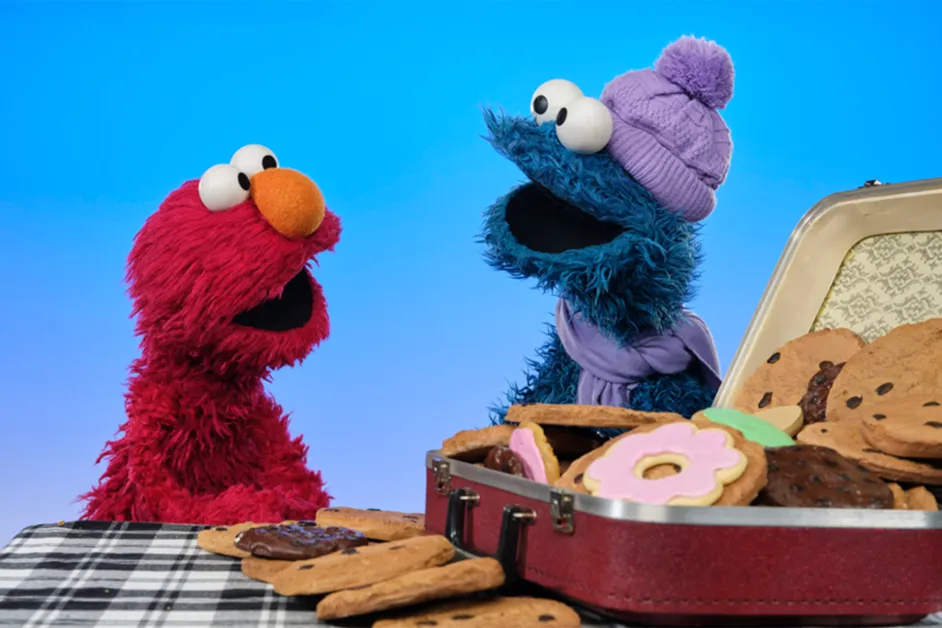
Ramy Youssef doesn’t run from the blank page—he runs toward it. In a media landscape saturated with noise, his voice cuts through with sincerity, wit, and an ever-expanding sense of purpose. At 34, the actor, comedian, screenwriter, director, and producer has become a defining creative force of his generation—one whose work doesn’t just reflect Arab American identity, but challenges viewers to embrace contradictions, confront bias, and laugh in the process.
Best known for his Hulu series Ramy, which earned him a Golden Globe in 2020, Youssef mines personal experience for universal resonance. Like the titular character in the series, he grew up in New Jersey as the son of Egyptian immigrants, caught between the spiritual clarity of Islam and the cultural chaos of suburban America. But as both Ramy the character and Ramy the creator evolved, so too did the stories he wanted to tell.
What began as a semi-autobiographical comedy about a young Muslim man seeking meaning has grown into a creative universe fueled by empathy, community, and a relentless drive to represent the complexity of being Arab and American in the post-9/11 world.
The Spiritual Compass in Comedy
“I always knew the show was designed to put this character on a spiritual path,” Youssef says. But that path—at least for the character—rarely ran straight. Ramy spirals through affairs, bad decisions, half-hearted repentance, and awkward family dinners, always searching for connection with God, and often falling short. “If anything,” Youssef admits, “the gap between the character and myself grew as the show continued.”
The honesty with which he speaks about that divide reflects a larger truth about his creative practice. For Youssef, art isn’t about didactic lessons or one-dimensional heroes. It’s about searching, stumbling, and holding space for imperfection. His work resists easy answers because his characters live in complex realities.
It’s also about tone. Each season of Ramy, he explains, was meant to feel like a year in someone’s life—with all the emotional texture that entails. Some years are heavy. Some are joyful. Others feel transitional, uncertain, or even absurd. “You’re kind of blossoming,” he says, smiling, and it’s easy to see how that word—blossoming—has become a metaphor for his own journey.
A Career in Full Bloom
Since Ramy paused after its third season in 2022, Youssef has not slowed down. He hosted Saturday Night Live, released a second stand-up special on HBO, and landed his first major film role in Poor Things, Yorgos Lanthimos’ surreal period comedy starring Emma Stone and Willem Dafoe.
That film marked a departure for Youssef—one that revealed his acting range and opened doors beyond his personal narrative. “It was a welcome change of pace,” he says, “but I don’t see the idea of playing Arab characters as limiting. There’s so much to explore.”
Youssef is also launching his own production company, Cairo Cowboy, and has signed a deal with Netflix to develop new series. Among those projects is #1 Happy Family USA, an animated series debuting on Amazon Prime in spring 2025. The show centers on a Muslim family navigating life in the direct aftermath of 9/11, attempting to win the approval of their neighbors by becoming—through relentless code-switching—the most agreeable, non-threatening family in America.
“It started as a time capsule,” Youssef says, “but now it feels like a commentary on where we still are.”
Reckoning with the Present
The resurgence of Islamophobia in recent years has colored how Youssef views his earlier optimism. In late 2023, the Council on American-Islamic Relations documented over 3,500 complaints of anti-Muslim discrimination in just three months—an increase of nearly 180 percent compared to the previous year.
Youssef sees this not as an isolated moment, but part of a longer bipartisan history of dehumanization—one he’s been working to challenge through storytelling. “If you let the definition being provided stand, you’re done,” he says. “We’ve been dealing with this problem for a long time.”
As someone who lived through the post-9/11 era as a child, he remembers the confusion and fear. “I was afraid. The names and faces in the news looked like the names and faces in my family.” That fear never entirely left—but it also became a catalyst. Through comedy, Youssef reclaims the narrative, showing Arab and Muslim characters as full human beings—flawed, funny, and real.
An Ensemble Approach to Storytelling
One of the defining qualities of Ramy is its ensemble. While the protagonist starts as the focus, the show’s richest moments come when the camera lingers on other characters—his sister, his parents, his uncle, his friends. “So much of it is an organic experience based on how great the cast is,” Youssef says.
By opening the door to other Arab American voices, he has helped create a tapestry of lived experiences that expands well beyond his own. His collaborations extend into the writers’ room, where he invites diverse voices and encourages vulnerability. The result is a show—and a broader body of work—that doesn’t try to represent one idealized version of Arab American life, but rather embraces its multiplicity.
Art as an Agent for Hope
Despite the heavy themes in his work—faith, discrimination, identity—Youssef maintains a core belief in humor as hope. Even #1 Happy Family USA, with its post-9/11 premise, takes a light-handed, musical approach. “The funnest part was composing songs and exploring the father character’s inner folk musician—imagine an Egyptian Bruce Springsteen,” he laughs.
Created in collaboration with artist Mona Chalabi and starring Alia Shawkat, the series uses satire to spotlight the pressure to assimilate. It isn’t bitter—it’s bold. And that boldness is what sets Youssef apart.
He doesn’t weaponize his platform—he wields it gently, but firmly. His brand of cultural critique invites rather than alienates. It opens a dialogue rather than closes one. And it makes space, above all, for nuance.
From SNL to the Red Carpet: Staying Grounded in Values
In 2023, Youssef’s Saturday Night Live monologue made headlines for its emotional sincerity. He prayed onstage, asking for peace for both Palestinians and Israelis. “Please stop the suffering,” he said. “Please free the hostages. Please free the people of Palestine.” The moment was met with applause—but also with backlash.
A few weeks later, he appeared on the Golden Globes red carpet wearing an “Artists for Ceasefire” pin. Online critics accused him of performative activism. Others praised him for using his visibility to speak out.
Youssef takes it all in stride. “Being an artist and an adult means being able to stand on your principles,” he says. “It means you don’t have to code-switch anymore. You can just be.”
A Generational Shift
Youssef’s influence is beginning to ripple through the comedy world. Younger Arab and Muslim comedians like Emil Wakim and Nataly Aukar have found their footing, building on the space he helped carve out. “Even though I feel like I’m just getting started, I can already see the effect,” he says.
The difference isn’t just visibility—it’s tone. Youssef’s presence has made it possible for others to step forward without apology, to claim complexity without being reduced to cultural tropes.
His work has set a new standard: You don’t have to explain who you are before being funny. You don’t have to be a spokesperson for your community before being a storyteller. You can just exist, fully and freely.
A Future in Progress
Youssef isn’t one to dwell too long in retrospection. With Mo, the Netflix series he co-created with Mo Amer, and his ongoing production slate, he’s focused on what’s next. The war in Gaza has left him heartbroken, but he prefers not to predict how it will shape his future projects.
“I want to channel my energy into what’s in front of me,” he says. “There’s work to do. And the work—telling stories, creating space—that’s never been more urgent.”
Conclusion: A Legacy of Openness
Ramy Youssef’s legacy isn’t just about the shows he’s made or the stages he’s stood on. It’s about the people he’s brought with him. It’s about the way he’s reframed the conversation—not through confrontation, but through generosity.
By honoring the contradictions within himself—faith and doubt, laughter and grief, performance and privacy—he’s given others permission to do the same.
The blank page doesn’t scare him. It never has. Because for Ramy Youssef, storytelling isn’t just a career—it’s a calling. And he’s just getting started.
Would you like a formatted version of this for publication (e.g., in HTML or PDF), or visual assets to accompany the piece?
No comments yet.









